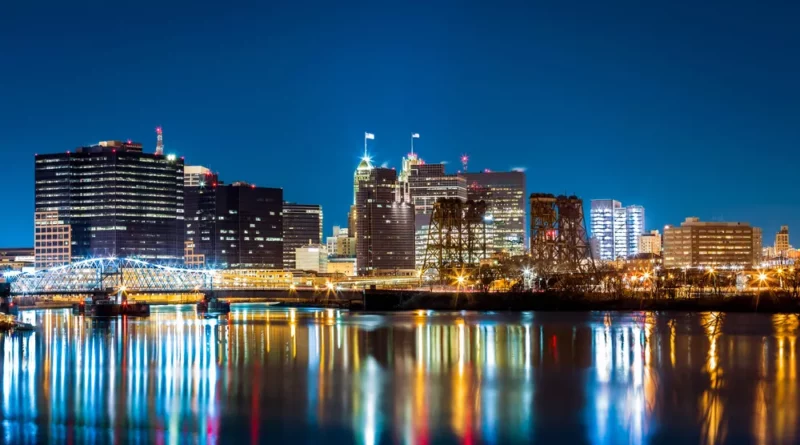History of Newark New Jersey
Newark, New Jersey has a rich history that dates back to the 17th century. The city was originally inhabited by the Lenape Native Americans, who were displaced by Dutch and English settlers in the 1600s. In 1666, a group of Puritans led by Robert Treat established the city of Newark, naming it after the village of Newark in Nottinghamshire, England.
During the American Revolutionary War, Newark served as a key location for both the Continental Army and the British Army. The city was occupied by the British for several months in 1776 and again in 1780. After the war, Newark experienced significant growth and development, becoming an important industrial center in the 19th century.
In the 1850s, Newark was home to several major industries, including iron and steel production, brewing, and textiles. The city’s population grew rapidly, as immigrants from Ireland, Germany, and Italy came to work in the factories and mills. During this time, Newark also became a major transportation hub, with the opening of the Morris Canal and the Newark and New York Railroad.
In the early 20th century, Newark continued to thrive, with the construction of several major landmarks, including City Hall and the Cathedral Basilica of the Sacred Heart. The city also became a center for culture and the arts, with the establishment of the Newark Museum and the New Jersey Symphony Orchestra.
However, Newark’s fortunes began to change in the mid-20th century. The decline of manufacturing and the rise of suburbanization led to a decrease in population and economic opportunity. The city was further impacted by the 1967 Newark riots, which caused widespread damage and led to a decline in businesses and residents.
In recent years, Newark has been undergoing a resurgence. The city has attracted new investment and development, including the construction of several new high-rise buildings and the development of the Prudential Center, home to the New Jersey Devils hockey team. The city has also made significant efforts to improve its schools and reduce crime, making it an increasingly attractive place to live and work.
Today, Newark is a diverse and vibrant city with a rich history and a bright future. The city is home to several major universities, including Rutgers-Newark and the New Jersey Institute of Technology, as well as a thriving arts and culture scene. Despite its challenges, Newark continues to be a vital and important city in the state of New Jersey and the greater New York City metropolitan area.
In conclusion, Newark has a rich history that has been shaped by its early settlers, its key role in the American Revolutionary War, its economic development in the 19th century and its cultural and artistic achievements in the 20th century. The city has faced challenges, including the 1967 riots and the decline of manufacturing, but it has also seen a resurgence in recent years, with new investment and development, as well as efforts to improve its schools and reduce crime. Today, Newark is a diverse and vibrant city with a rich history and a bright future.
Discover more from City Towner
Subscribe to get the latest posts sent to your email.




